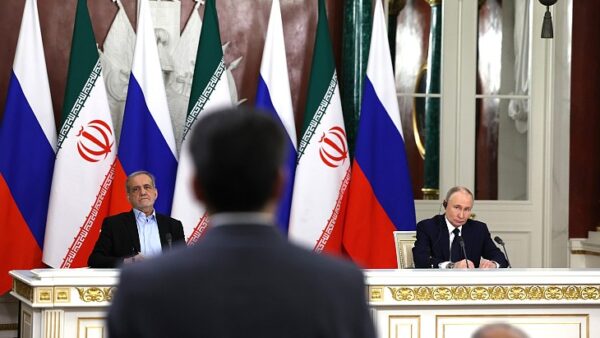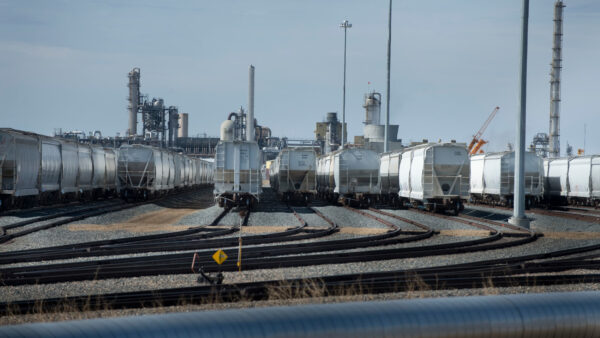Japan is to sell civil nuclear technology to India despite India’s failure to sign the Nuclear Non-proliferation Treaty (NPT), normally a prerequisite for such a deal.
The pact was signed on Friday, 11 November in Tokyo by Japanese Prime Minister Shinzo Abe and his Indian counterpart Narendra Modi. It allows India to reprocess fuel and enrich uranium, although enrichment beyond the level required to fuel India’s reactors is not permitted without written agreement by Japan.
After the ceremony, Abe commented: “This agreement sets a legal framework to assure that India acts responsibly for the peaceful uses of nuclear energy.”
He added that it would require India to participate “effectively” in the NPT framework, which was “in line with Japan’s promotion of non-proliferation to create a world without nuclear weapons”.
Modi praised the signing as “a historic step in our engagement to build a clean energy partnership” that will help India to “combat the challenge of climate change”.
The deal was criticised by anti-nuclear groups in Japan and India.
Greenpeace India issued a statement saying the deal was “a desperate effort to secure new contracts for Westinghouse/Toshiba’s AP1000 reactor design, which has had a poor track record globally. While there have been few sales, those projects that are already under construction have overshot their budget and are years behind schedule”.
The Women of Fukushima lobbying group invited Modi to visit the site of their former homes to view “the mountains of radioactive rubble, the towering incinerators, and children who can no longer play freely outside”.
The deal fits with Abe’s drive to increase Japan’s exports in the infrastructure market, and also confirms the special relationship between his country and India, who share a common rival in China. The export of nuclear technology is a particularly pressing concern for Japan owing to the collapse of demand in the domestic market in the wake of the Fukushima Daiichi disaster. Similar export deals have been discussed with Vietnam and Turkey.
India has an ambitious, and largely indigenous nuclear power programme. According to World Nuclear News it expects to have 14.6GW online by 2024 and 63GW by 2032. It aims to supply 25% of electricity from nuclear power by 2050.
It has found it difficult to obtain international help in developing its industry, owing to its failure to the sign the NPT. A number of international groups, such as the Zangger Committee and the Nuclear Suppliers Group, have been formed to cut off nuclear assistance to countries that operate outside the NPT, and Article III of the treaty prohibits any transfer of fissionable material or the technology to make it by a member, unless it is under the safeguard of the International Atomic Energy Agency.
One of Iran’s complaints during the recent diplomatic stand-off over its civil programme was that it was a signatory to the NPT and operating under IAEA supervision, and therefore was entitled to receive assistance with its nuclear industry.
India is one of only three countries that have not signed the NPT; the others are Pakistan and Israel. All three have developed nuclear weapons outside the framework of IAEA inspections. The NPT bans all countries from possessing nuclear weapons apart from the five permanent members of the UN Security Council, who are obligated to take steps to disarm.
Image: Abe and Modi at the Washington Nuclear Security Summit in April (Creative Commons)










